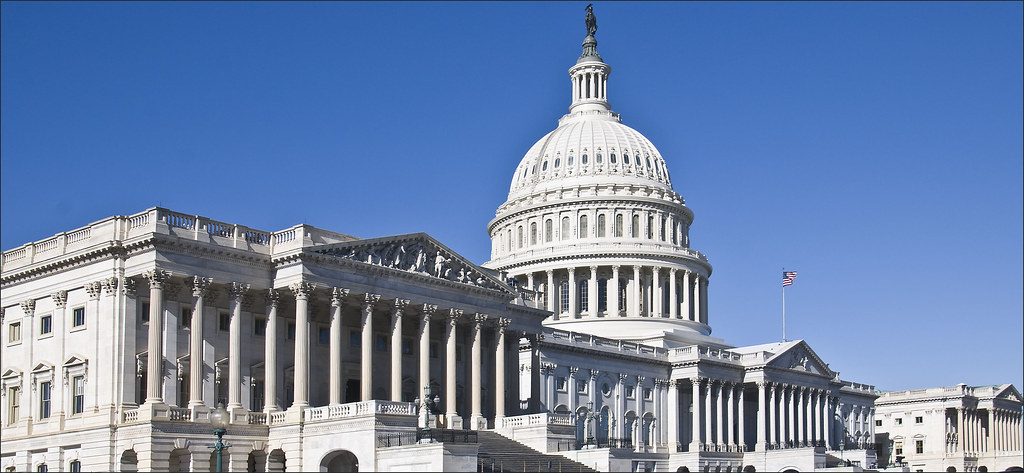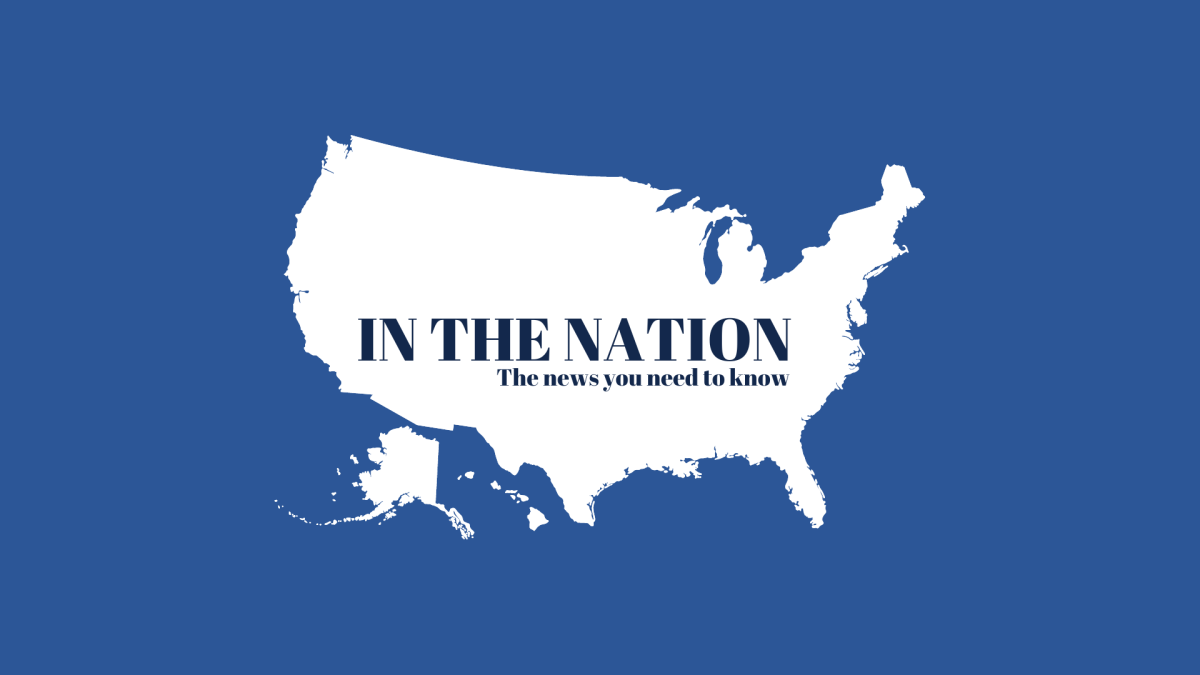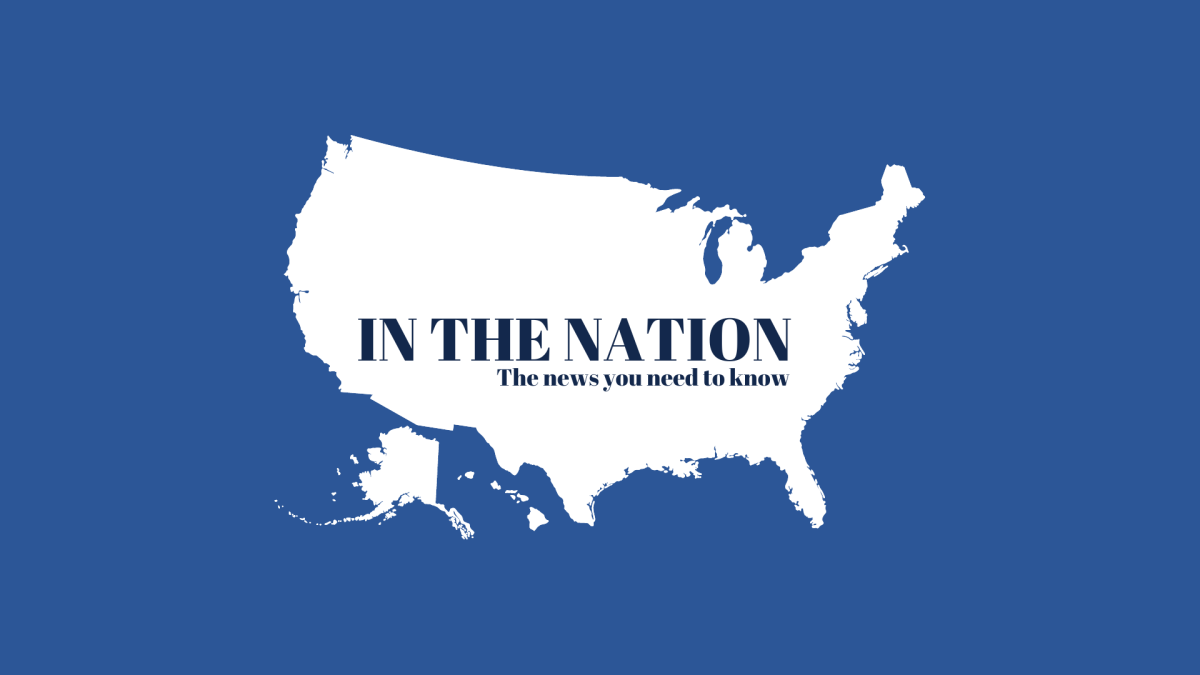Mike Johnson was sworn in as speaker of the House of Representatives Oct. 25, ending a three-week search for a new speaker after the ousting of former Speaker Kevin McCarthy.
Johnson, the representative for the fourth congressional district of Louisiana, was the fourth and final Republican nominee after McCarthy was voted out Oct. 3 in a historic vote, as no speaker had ever been voted out in American history.
Johnson is the first-ever speaker from Louisiana and the first from the south since 1999 when Newt Gengrich from Georgia held the position, according to NPR.
Johnson, a former constitutional lawyer, devoted his career to defending fundamental freedoms and traditional American values in the courts and the court of public opinion, according to the politician’s website.
Johnson climbed the ranks of the party. He sits on the Judiciary Committee, the Armed Services Committee, holds the position of House Republican conference vice chair and formerly chaired the Republican Study Committee.
After being elected, Johnson emphasized getting the House running again after the three-week hiatus without a speaker. Johnson also said he wants to work to decentralize the power of the House.
The GOP had been struggling to elect a speaker as the house majority until Johnson won the vote.
“Please stop embarrassing the party, in Jesus’ name, amen,” said South Carolina Senator Tim Scott leading up to the vote.
Johnson was able to unify a Republican party that had been fractured as he earned votes from Republicans that didn’t agree with the centrist views of McCarthy or Rep. Jim Jordan, who was also up for the speaker vote over the three week period.
Johnson’s role in the 2020 election denial effort has ignited controversy within both the House and voters. Johnson used his role as a constitutional lawyer to craft an argument, with the goal of keeping former President Donald Trump in power after his loss in the 2020 election.
Johnson, in a radio interview in 2020, spread a conspiracy theory about Hugo Chavez, the Venezuelan dictator, giving America the voting machines that were used in the election. He went on to say, “it begs to be litigated and investigated.” This theory has since been discredited.
After he was nominated, Johnson declined to comment to reporters on his role in the election denial.
Johnson has a history of voting against LGBTQ+ rights. He opposed bipartisan legislation to codify same-sex marriage and authorized legislation to prohibit the use of federal funds to develop, implement, facilitate or fund any sexuality-oriented program, event or literature for children under the age of 10, according to NBC.



















